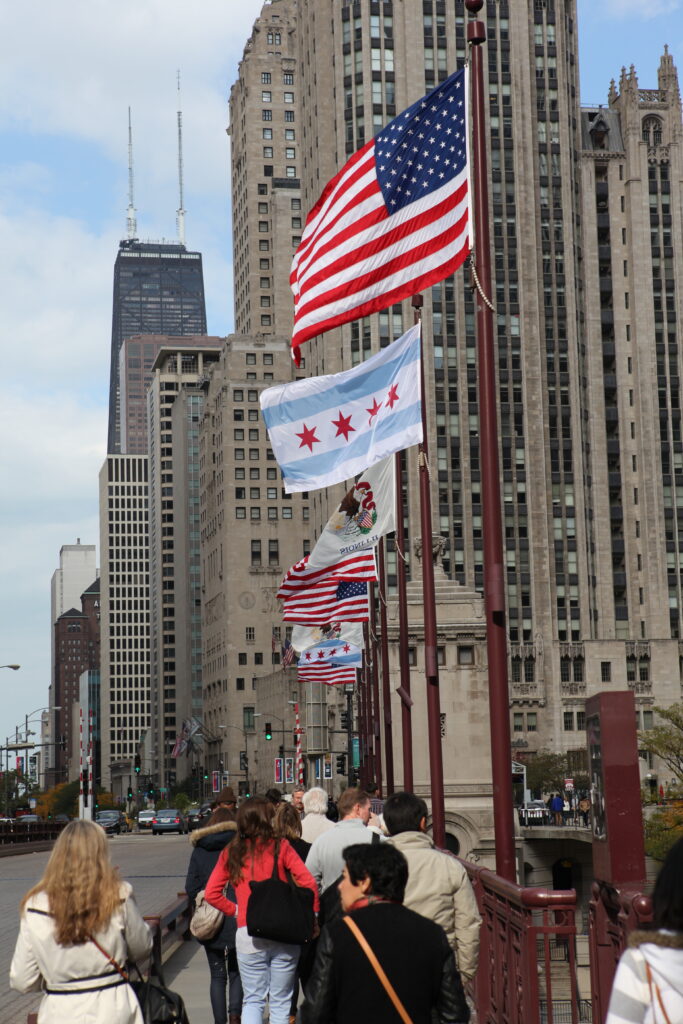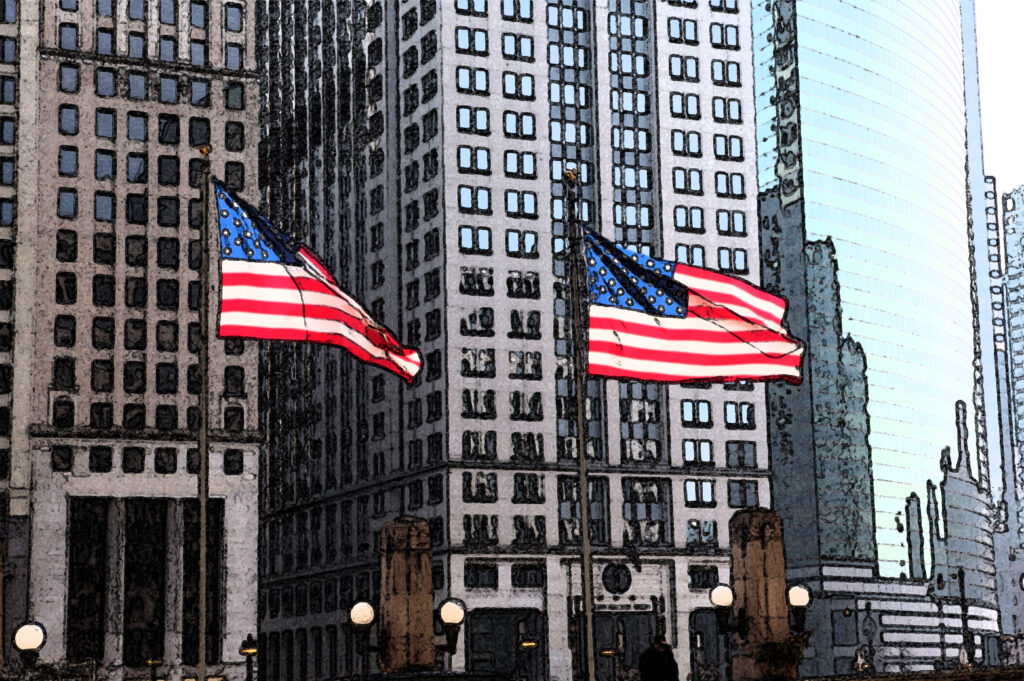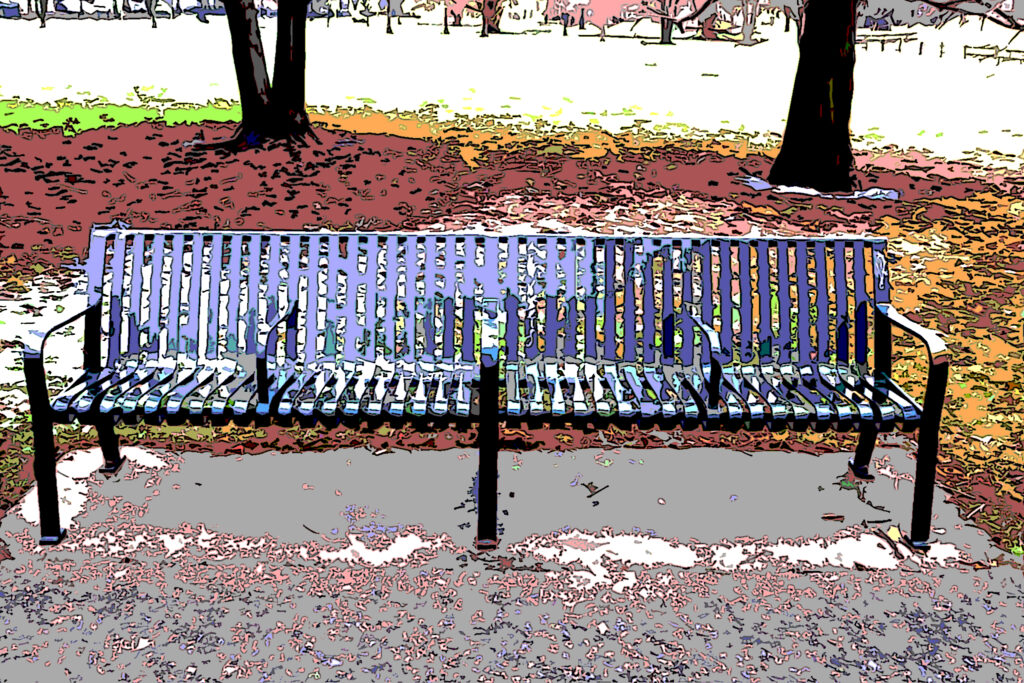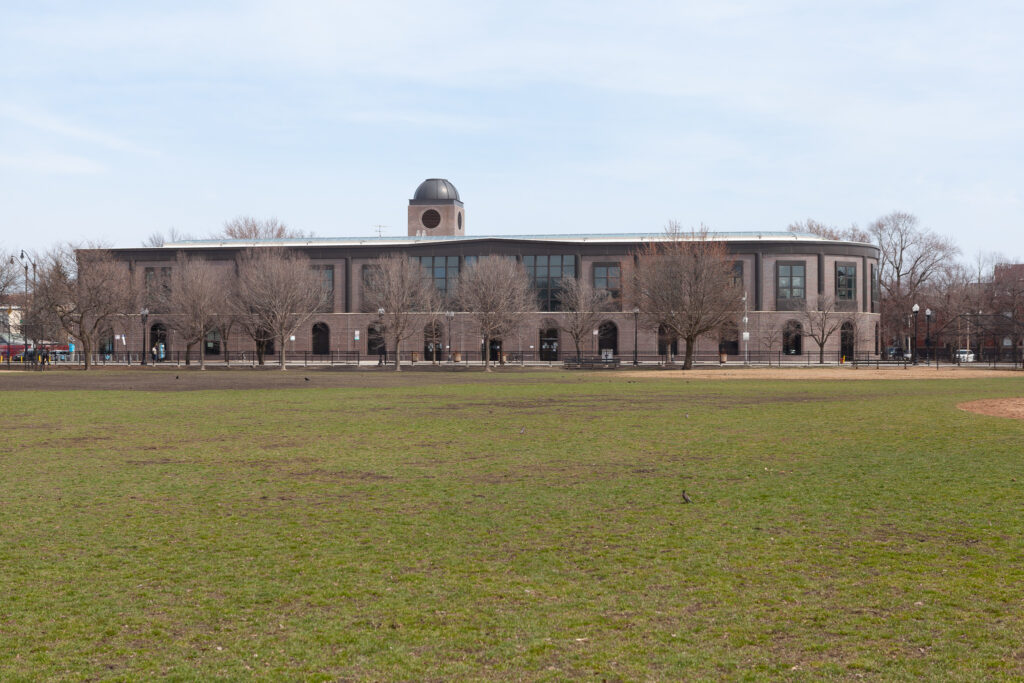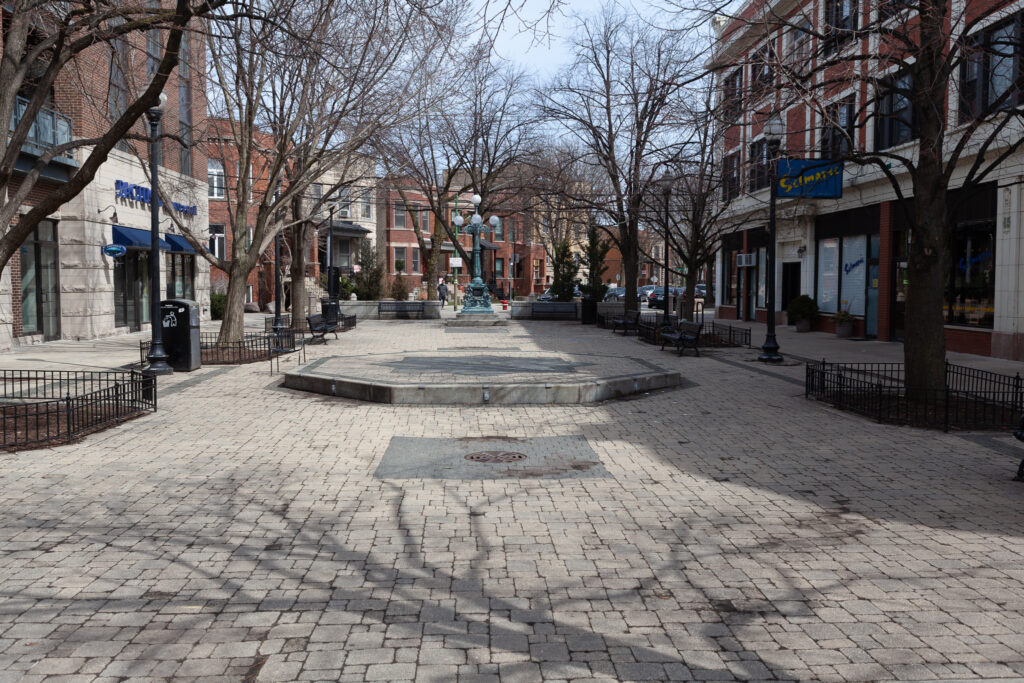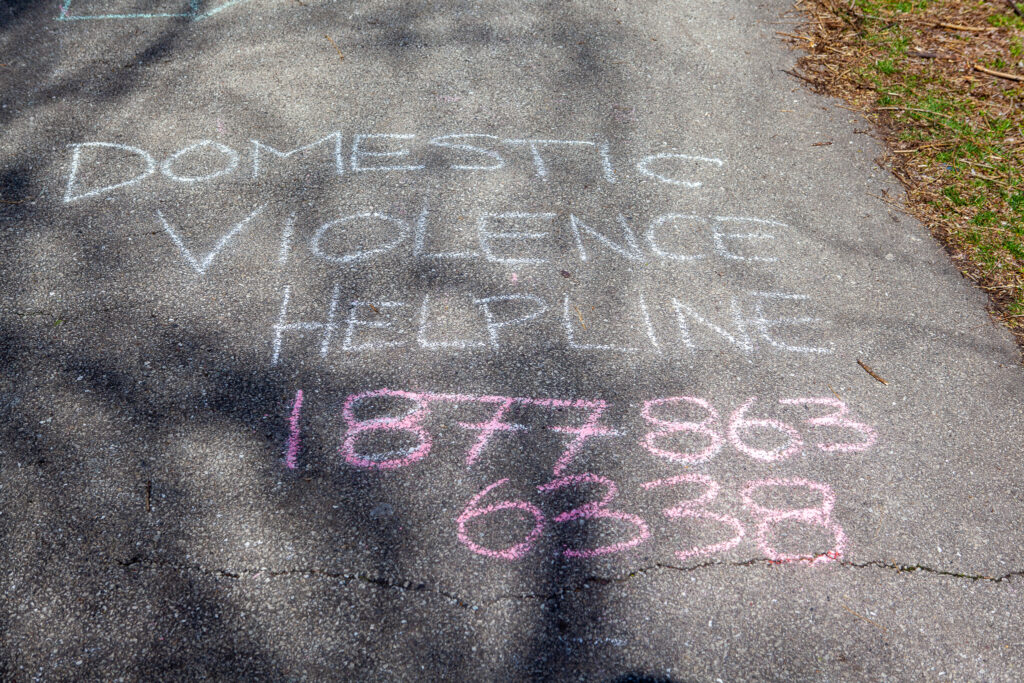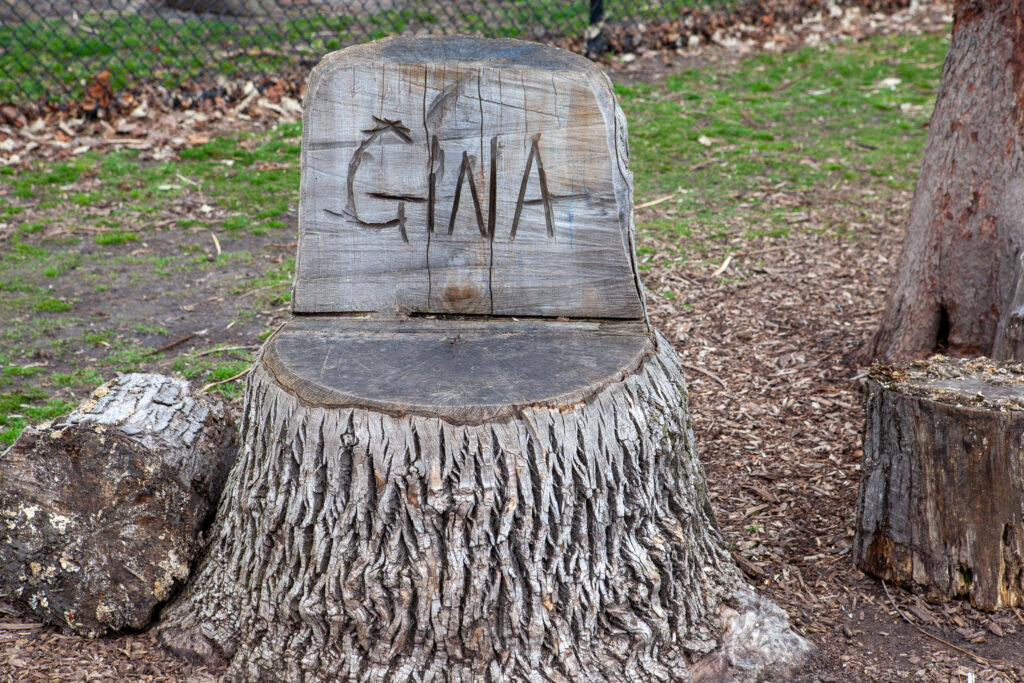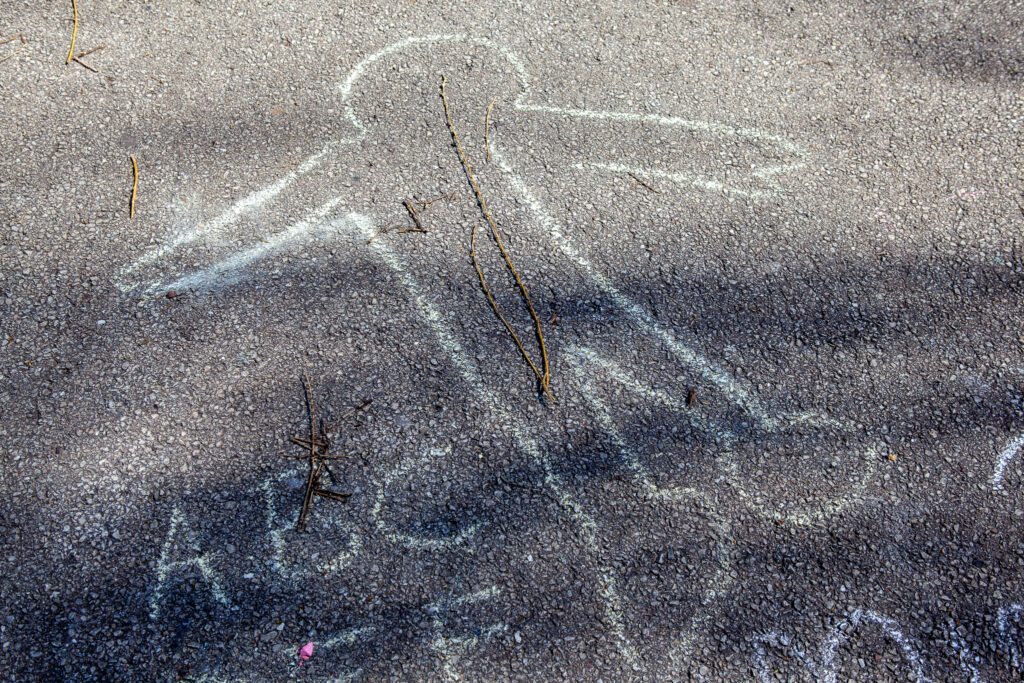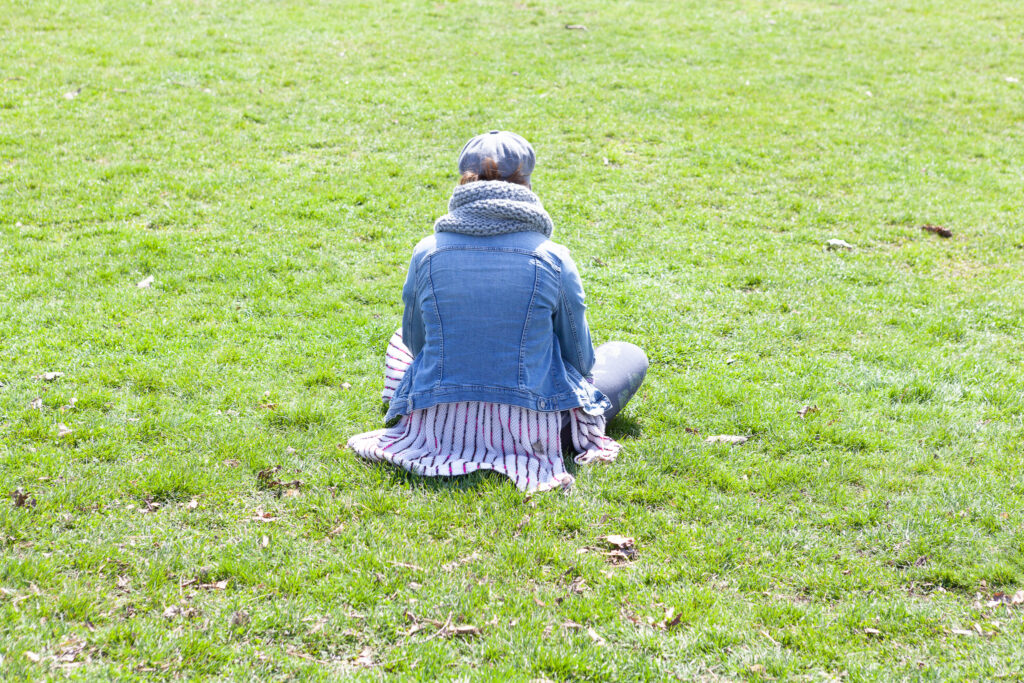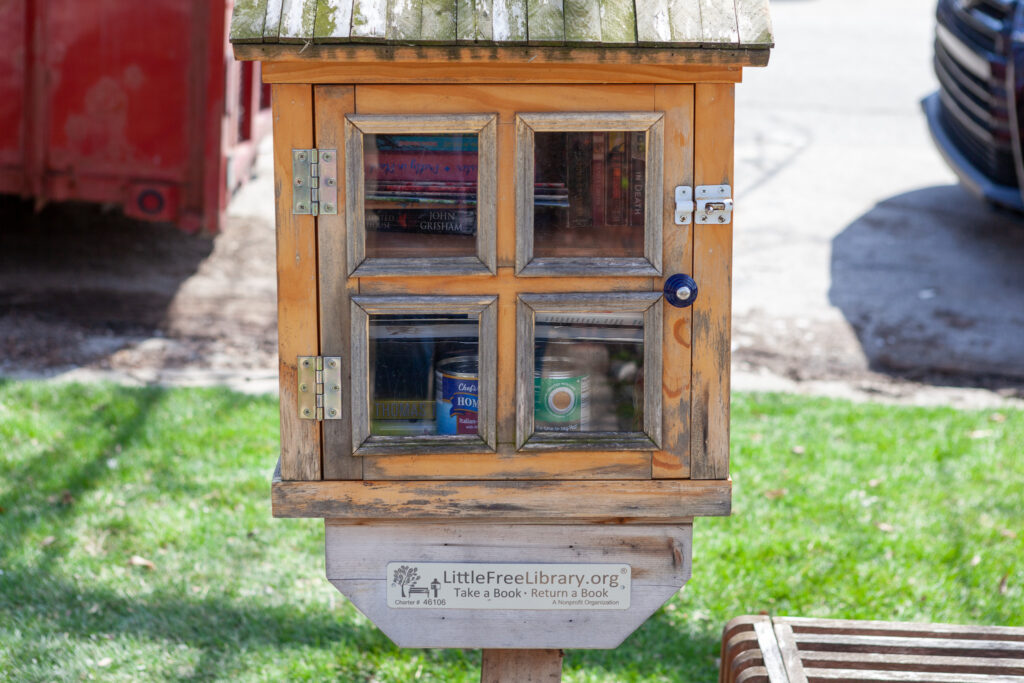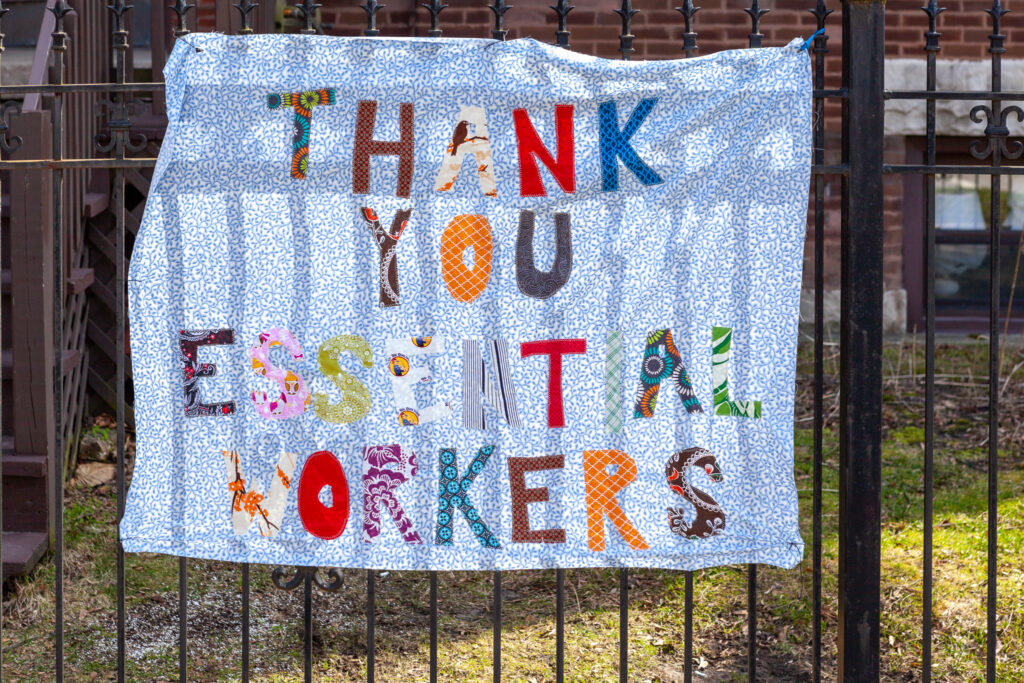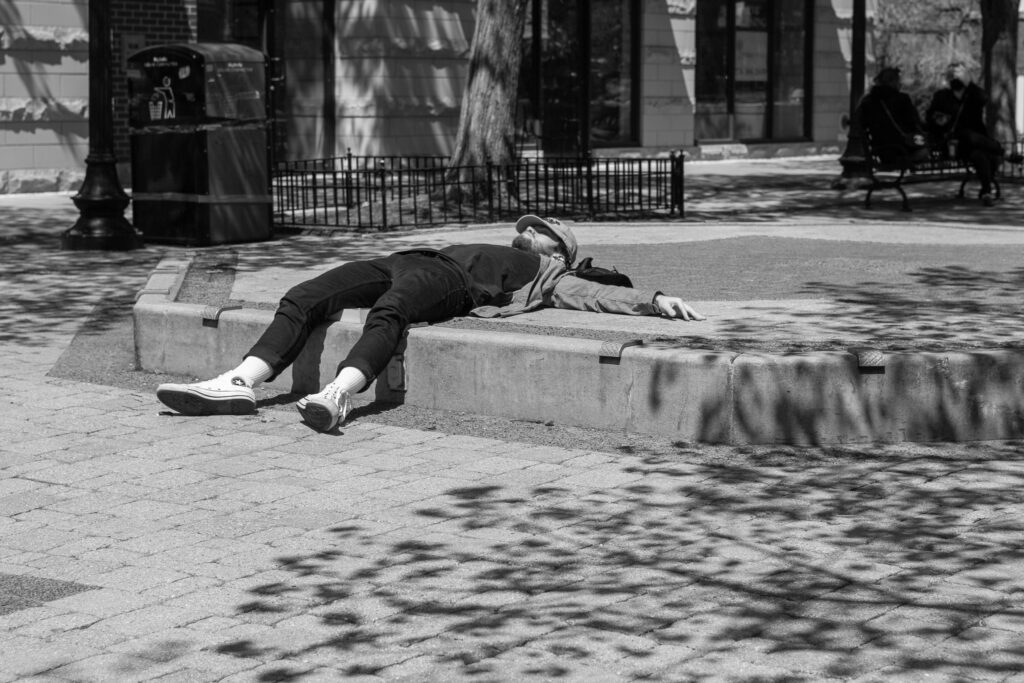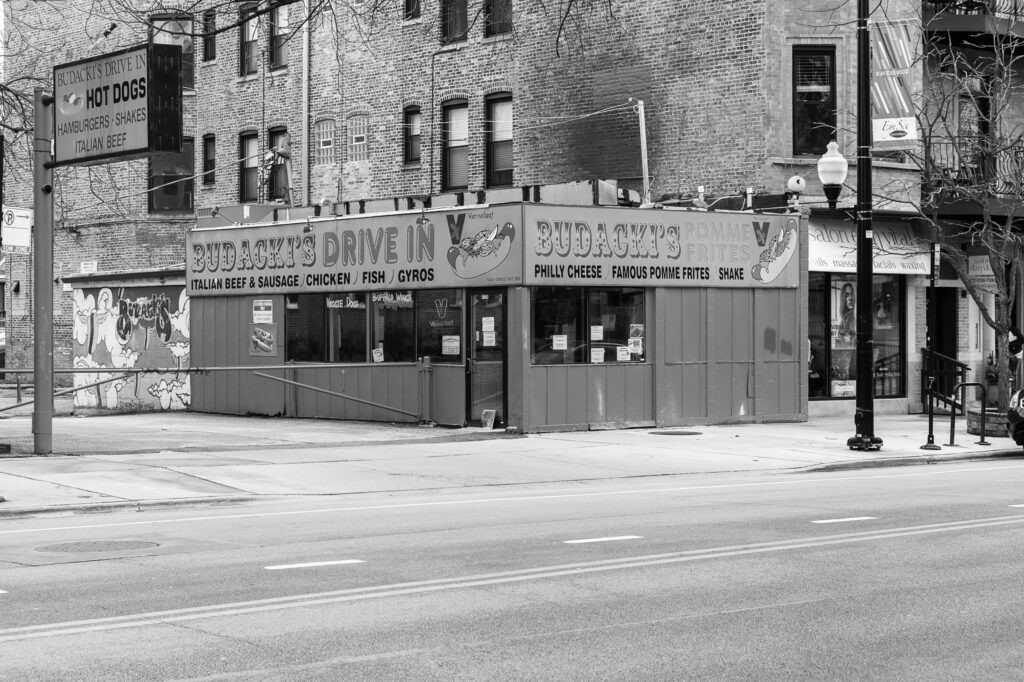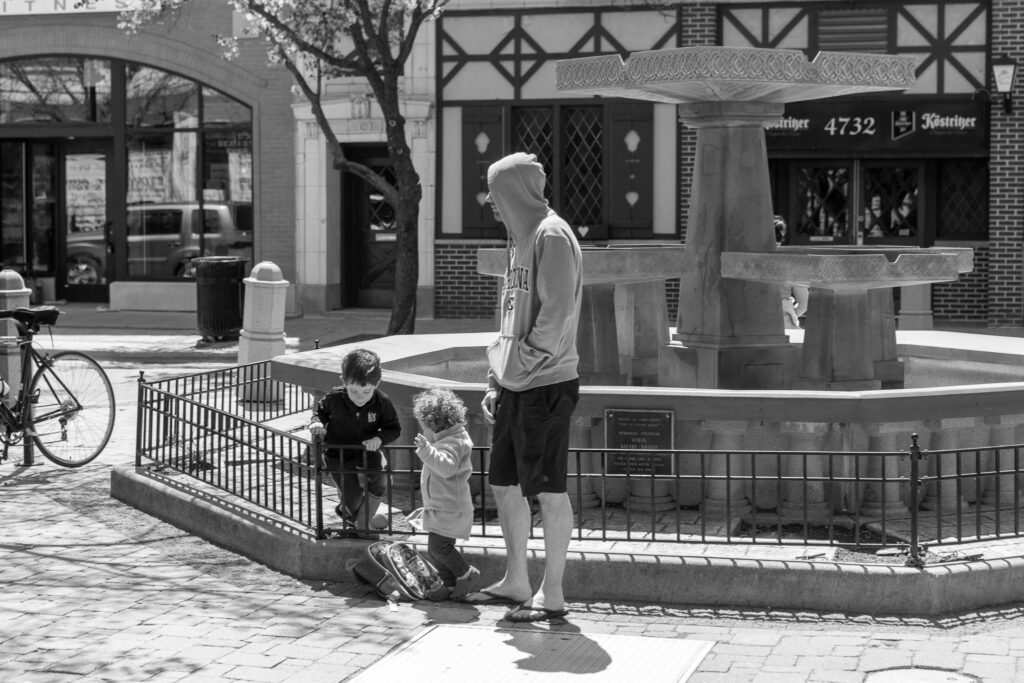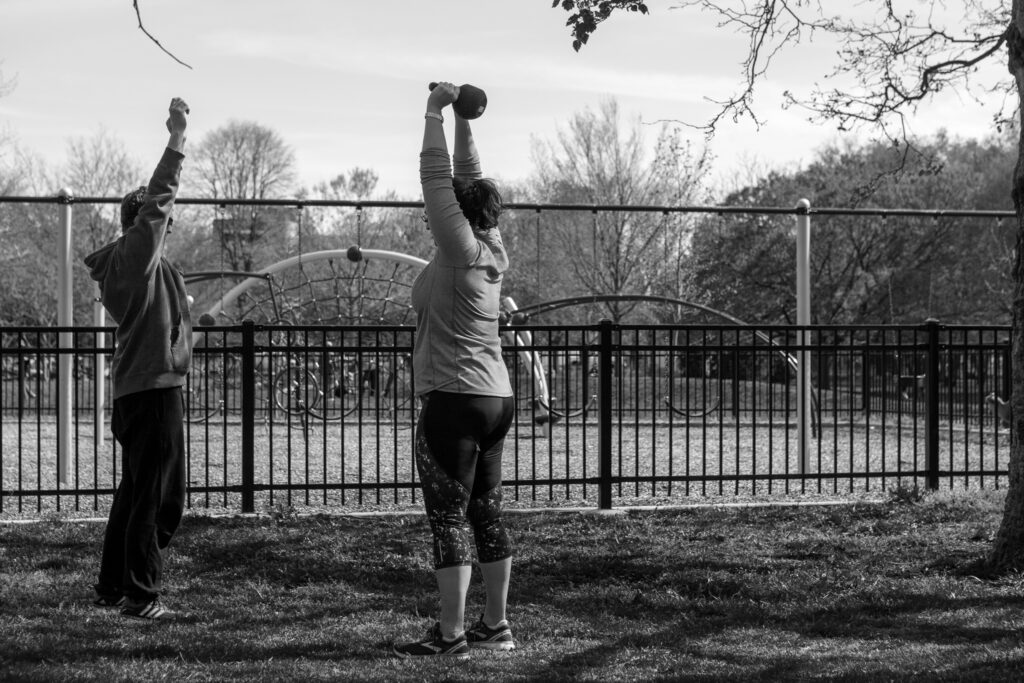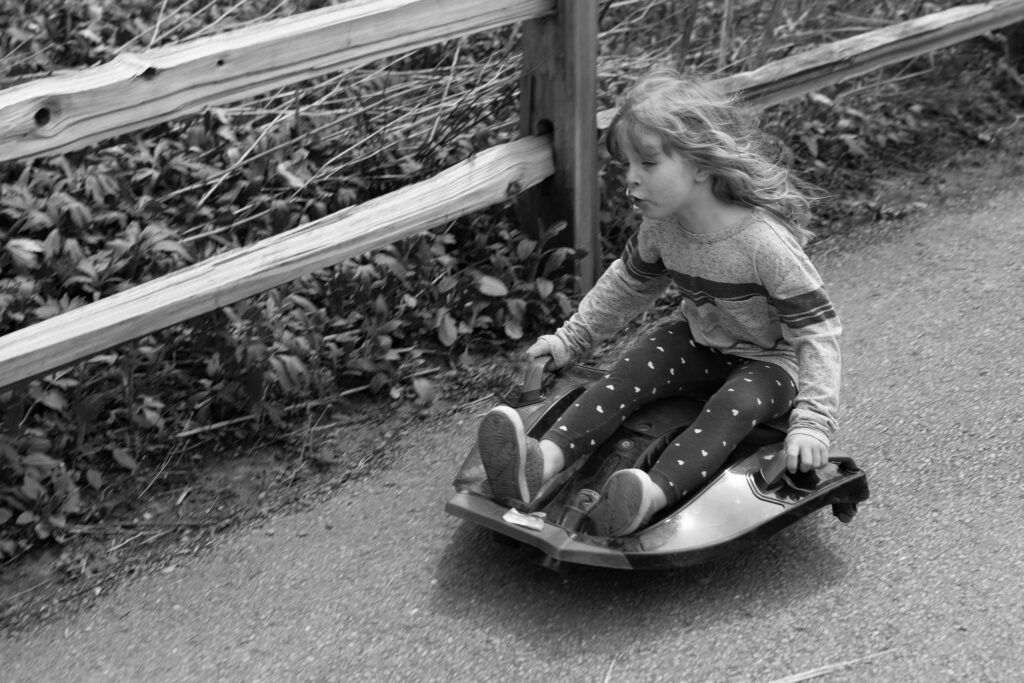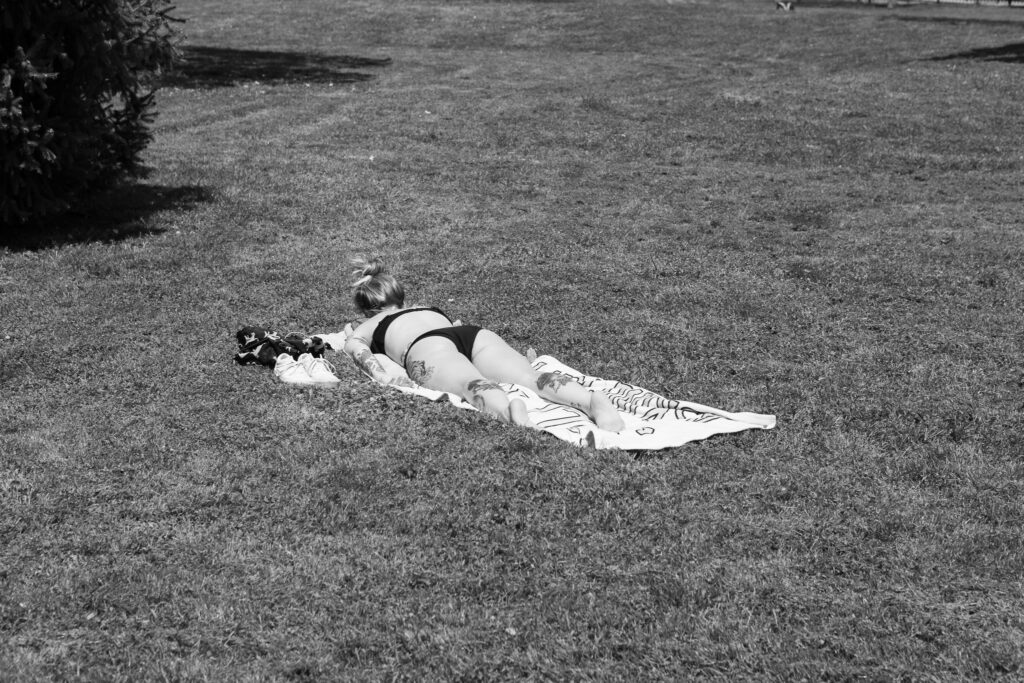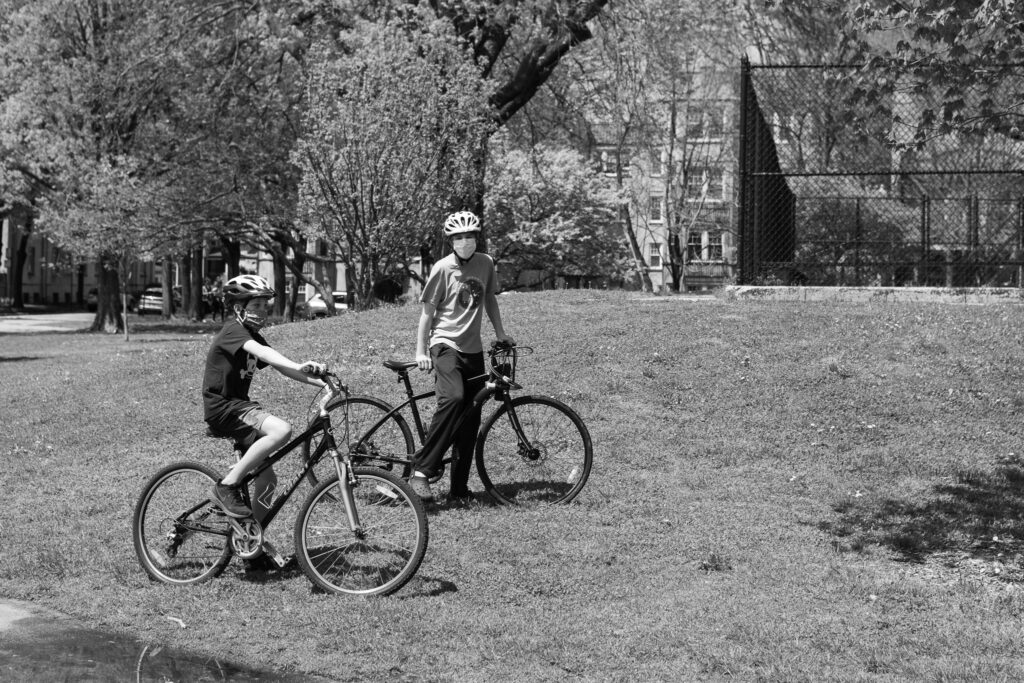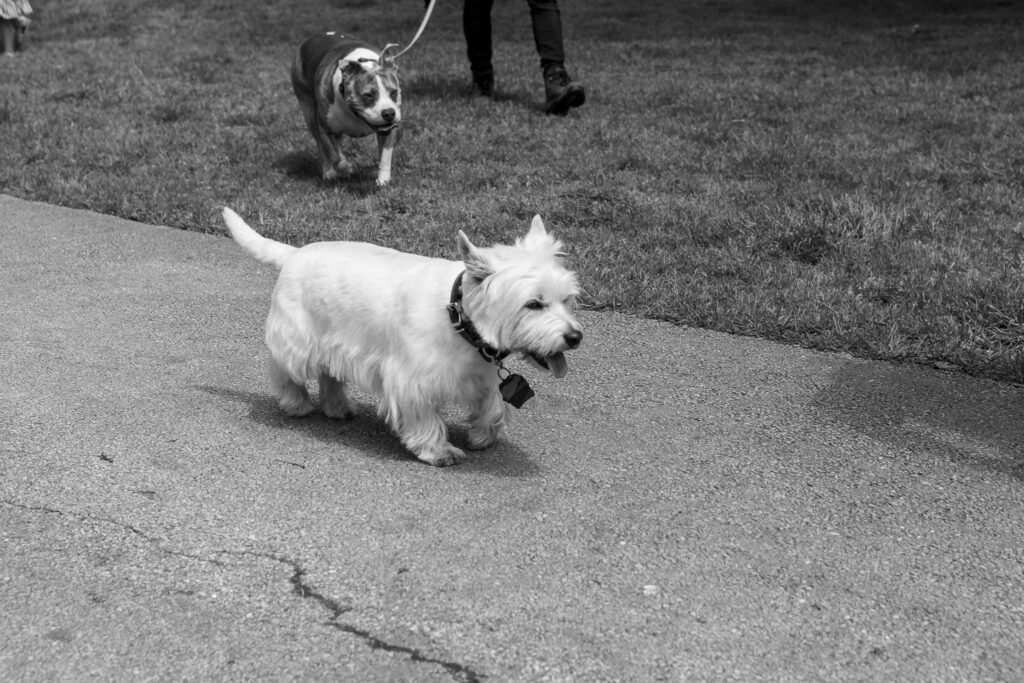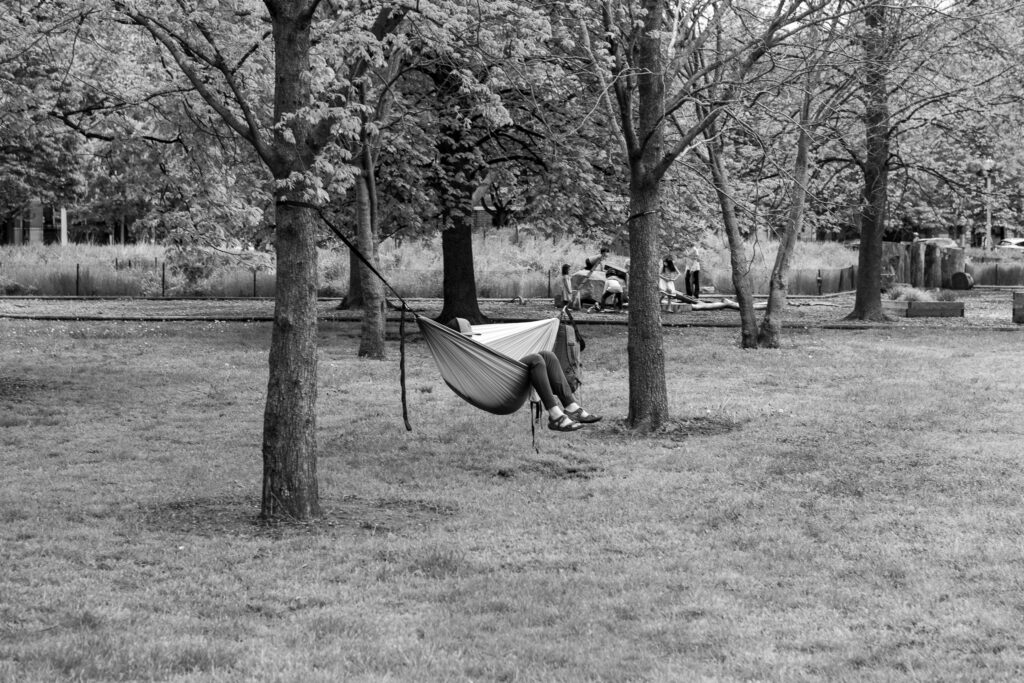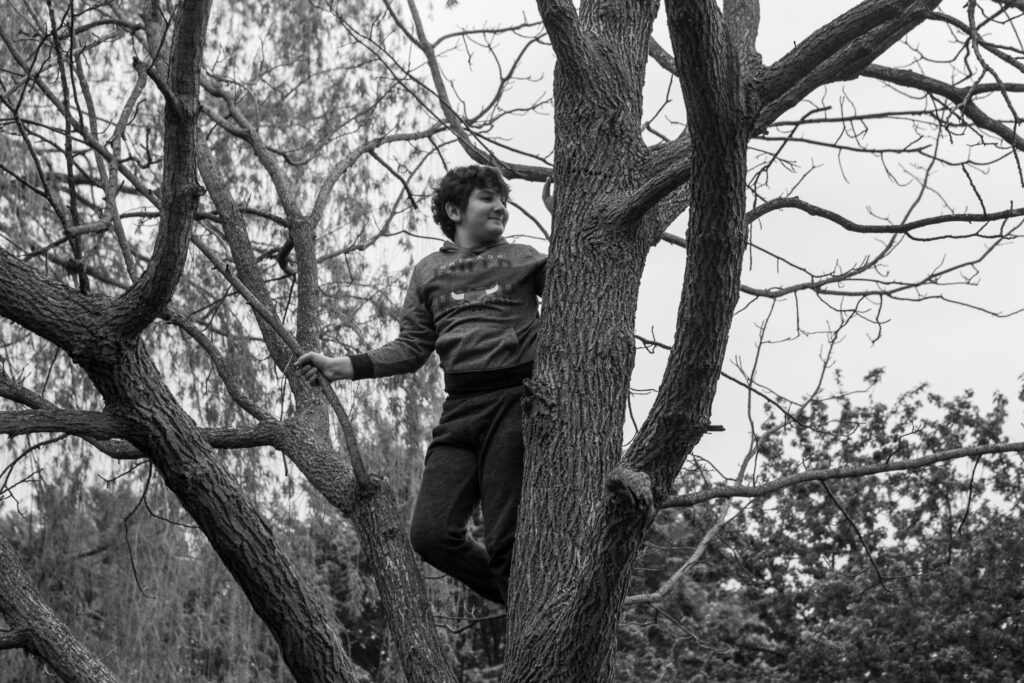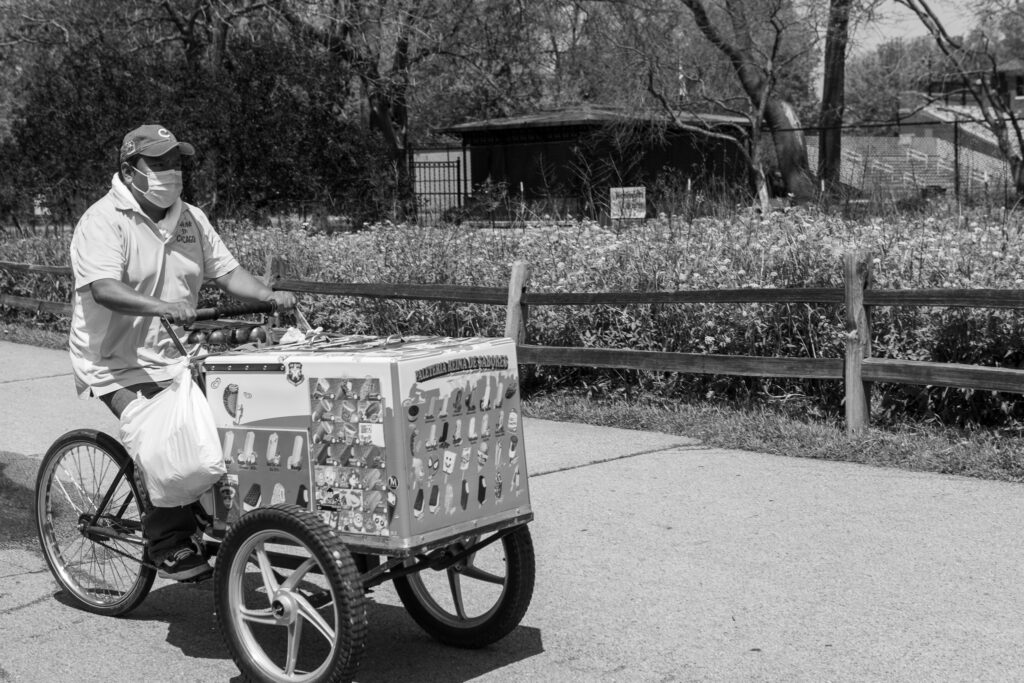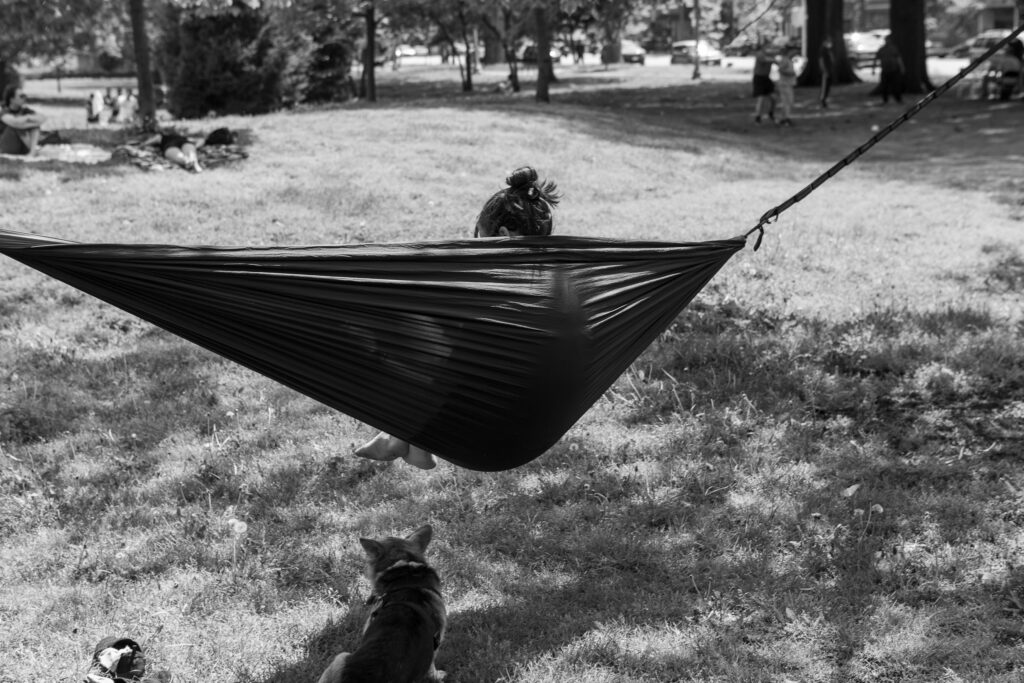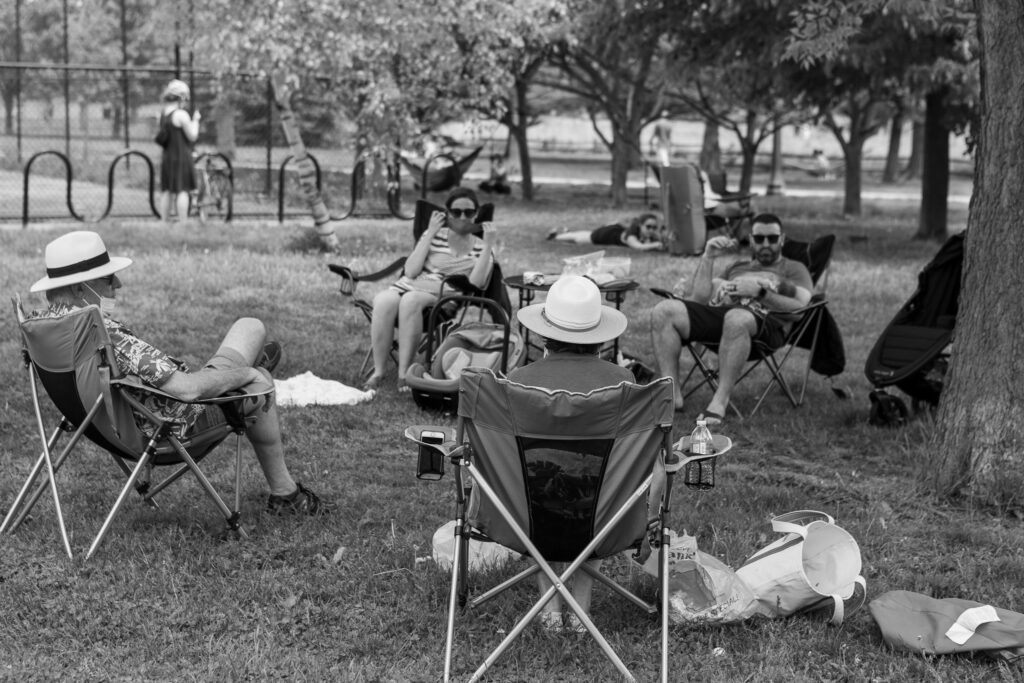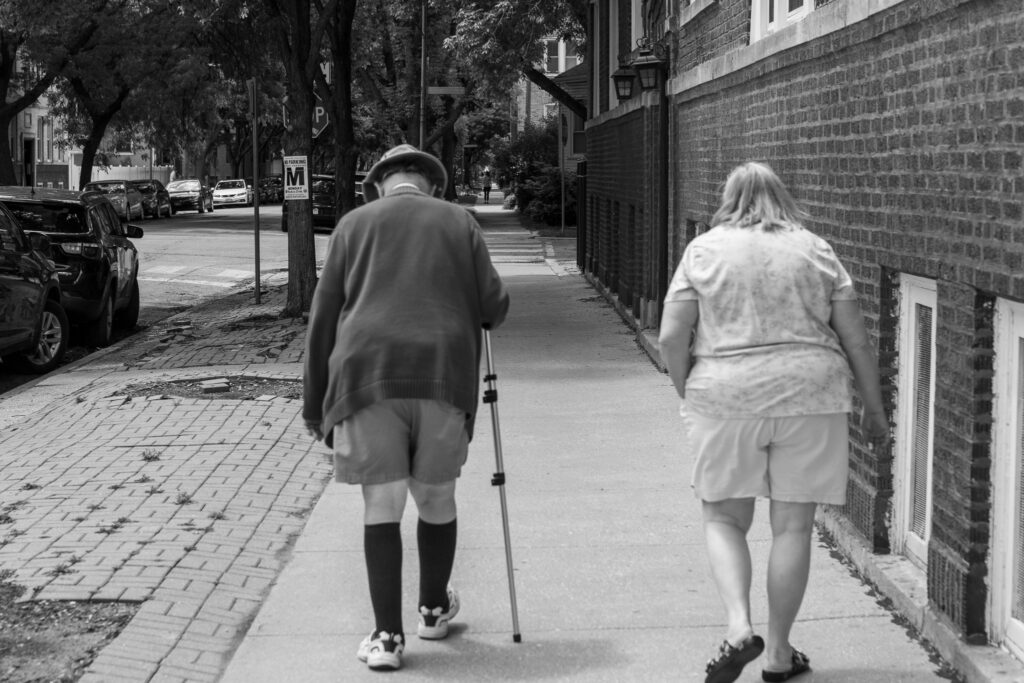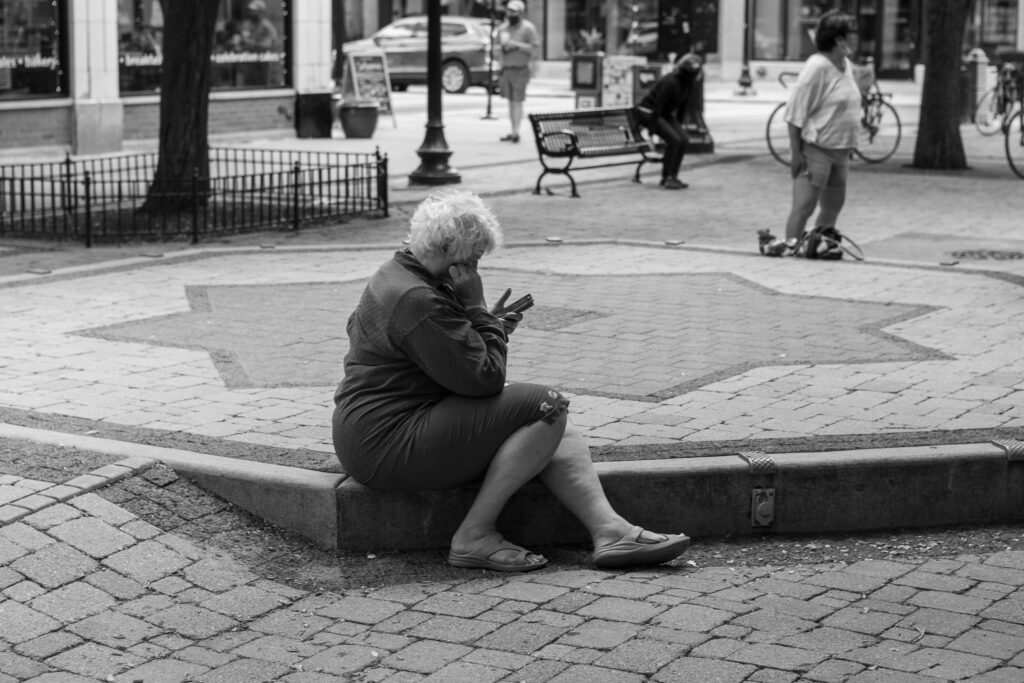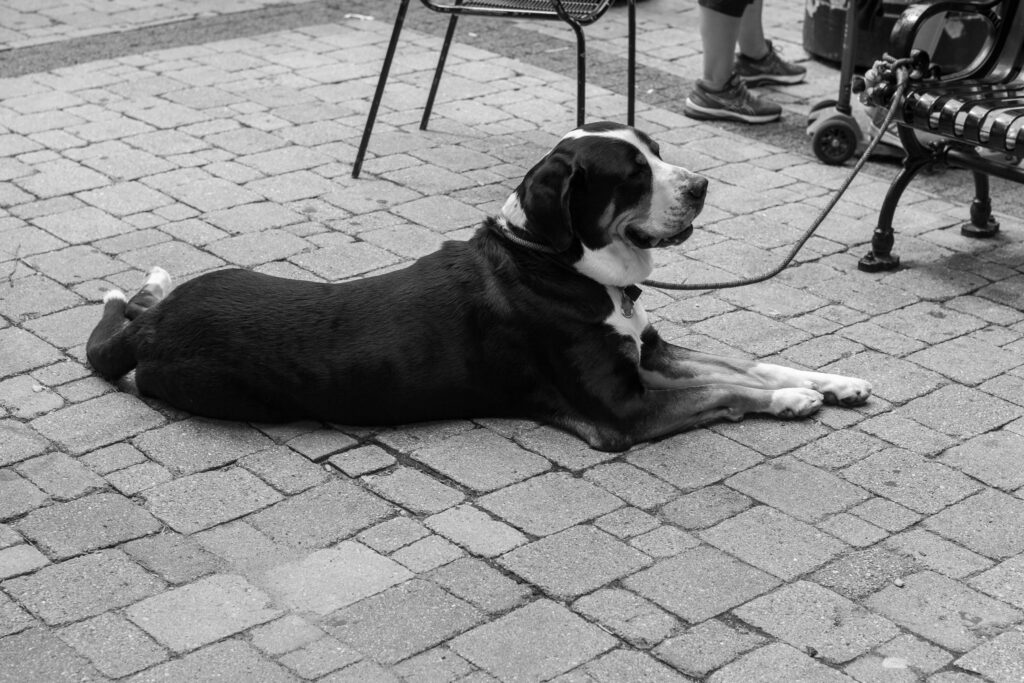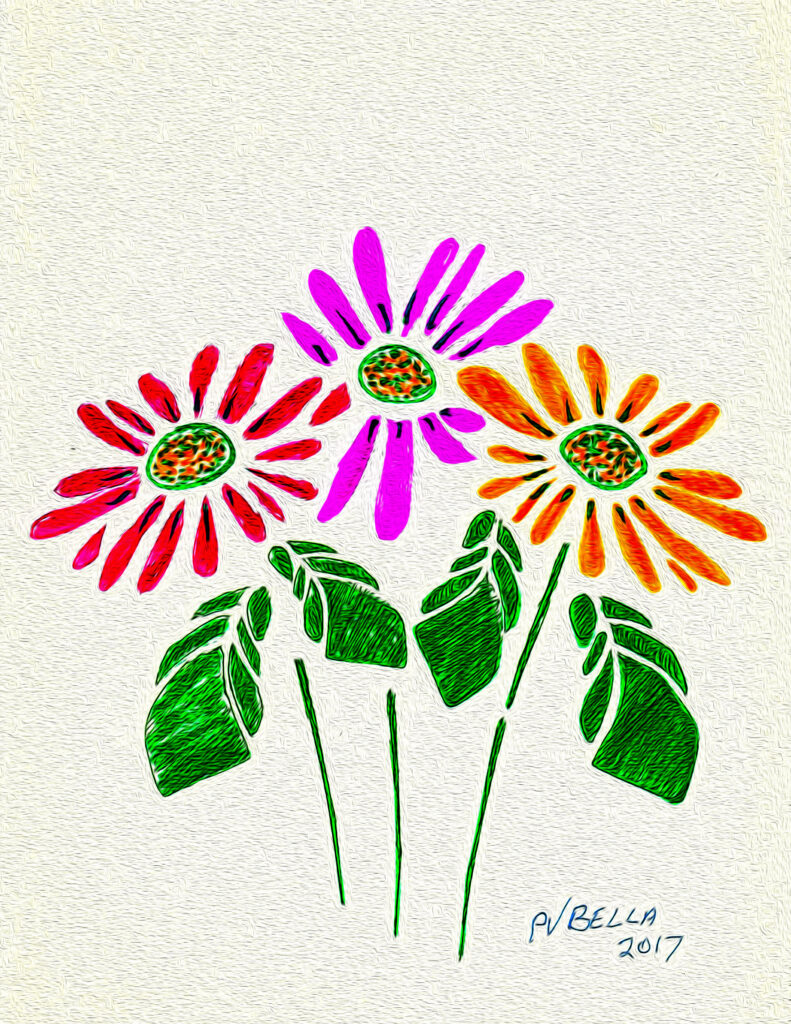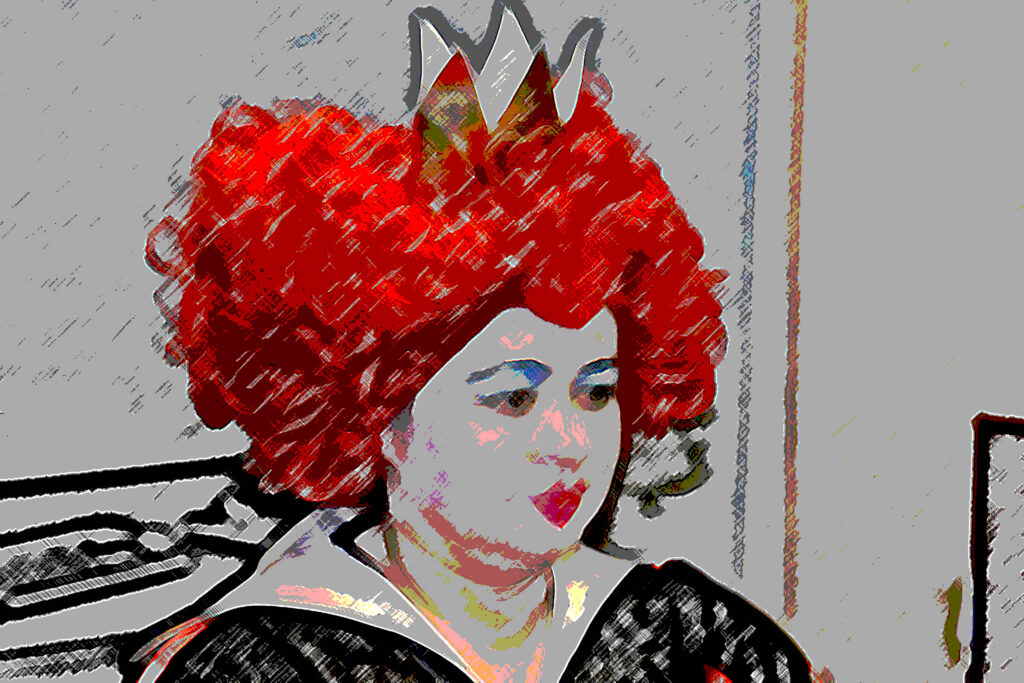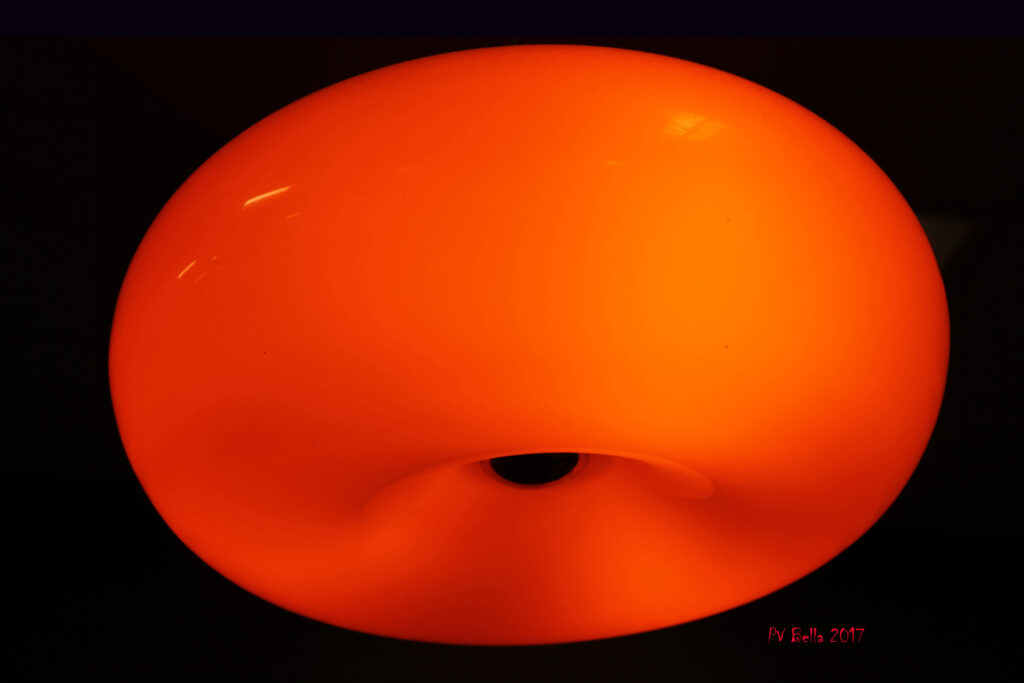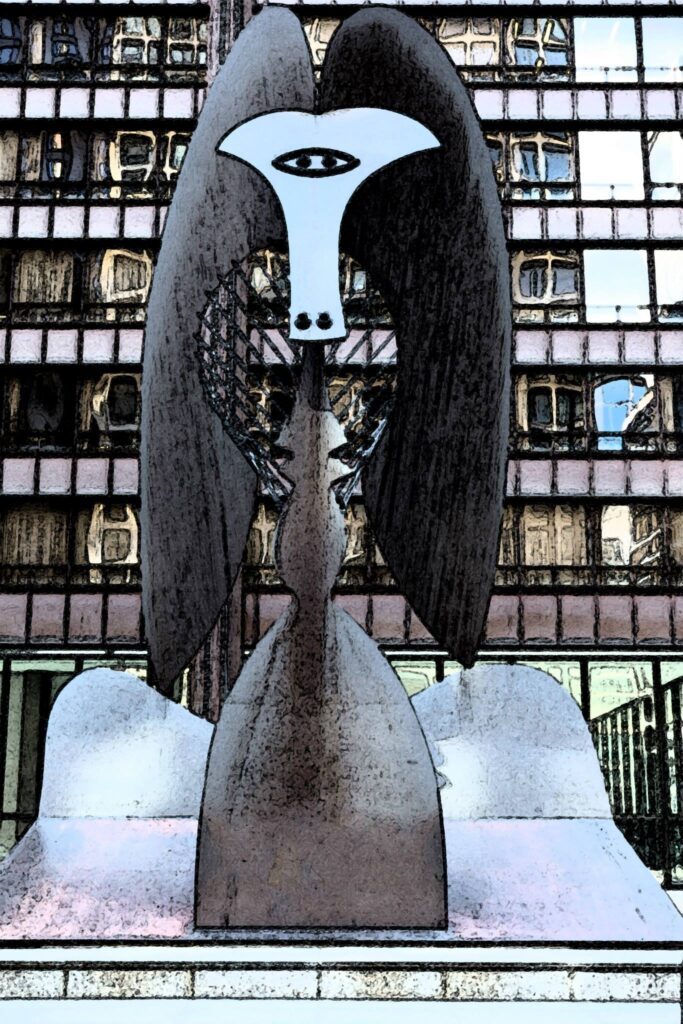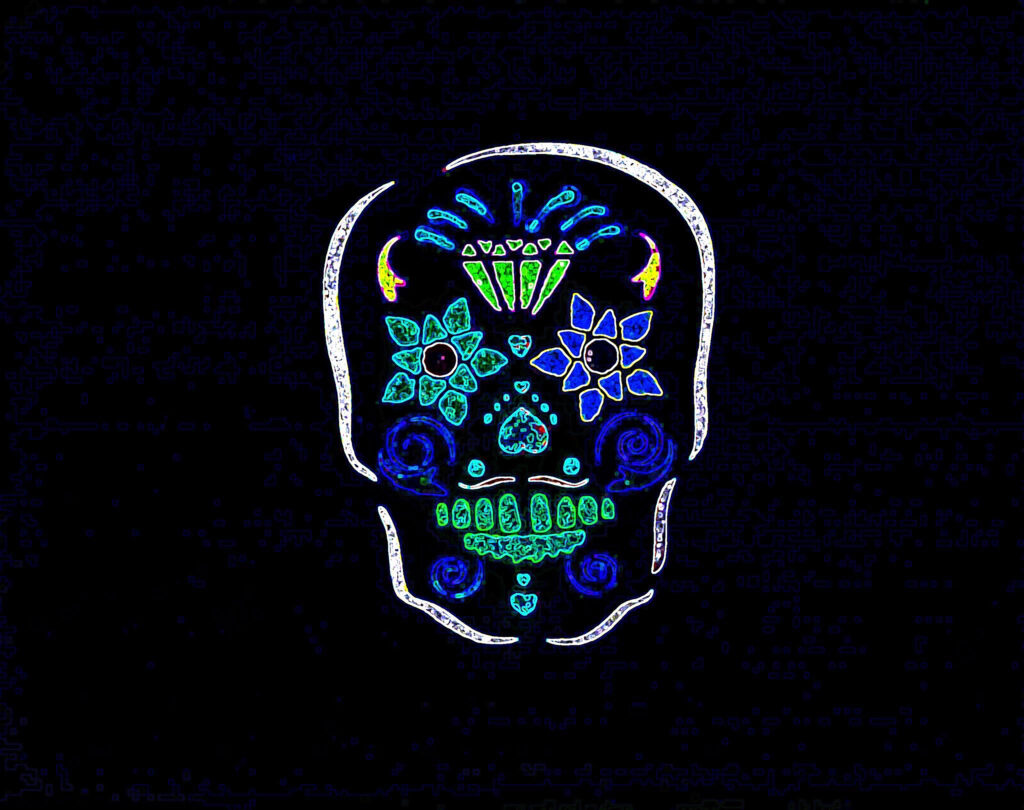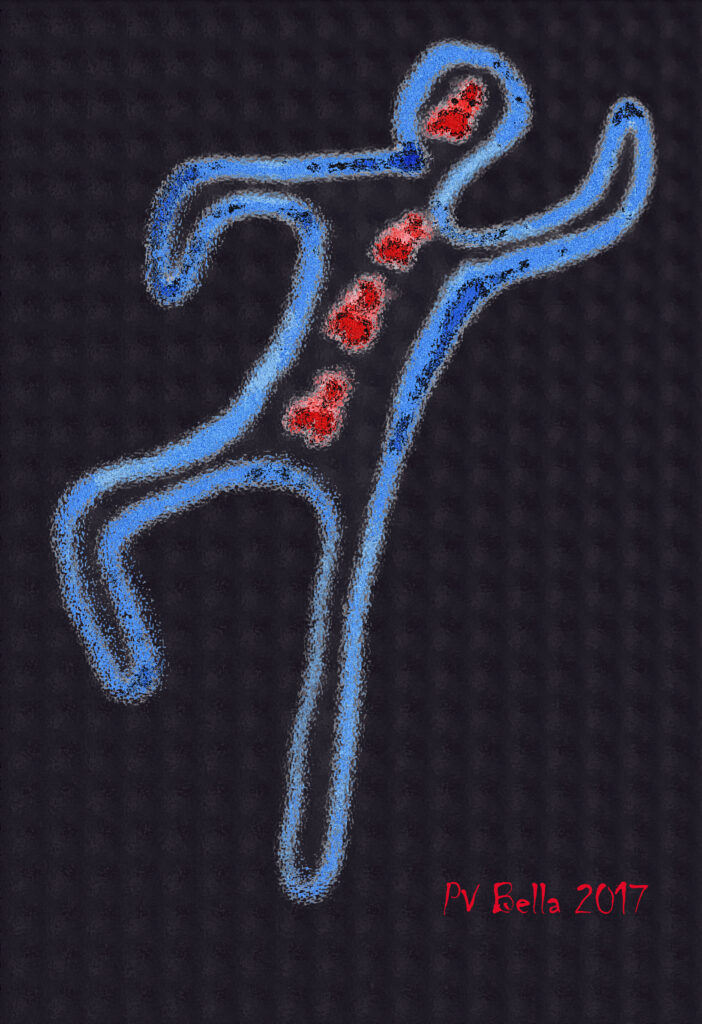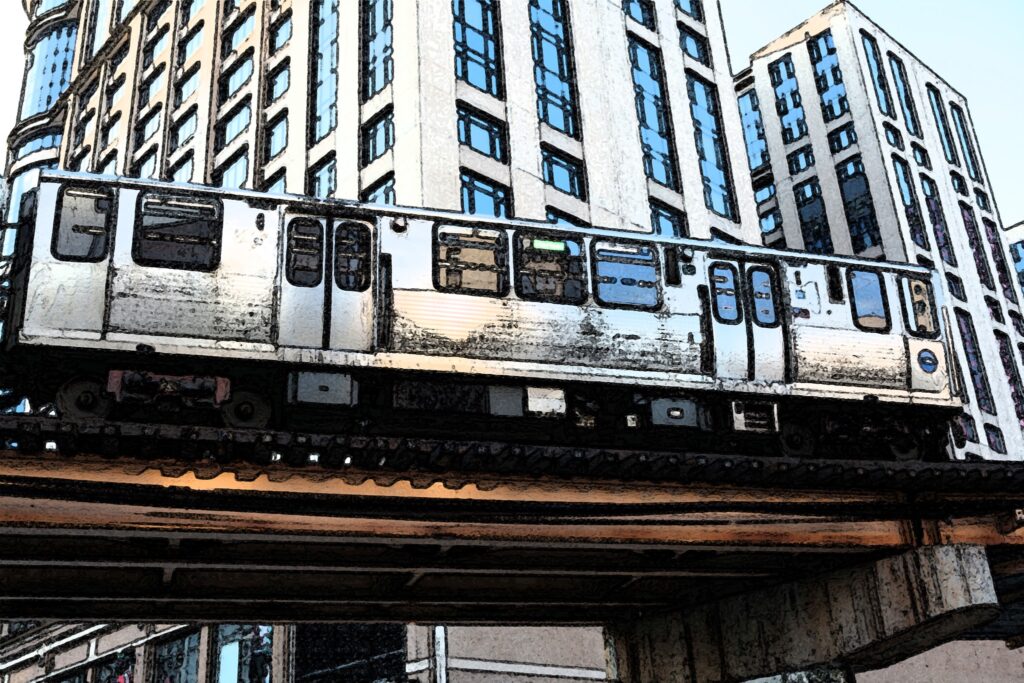
Riding public transportation is a royal pain in the ass. You are constantly annoyed by your fellow riders, especially the oblivious, insensitive, self-absorbed, witless, insufferable, ignorant young Millennial and Gen Z gremlins. I refer to them as Generations Whiner (Generations W).
Generations W rules public transportation in Chicago. The only rule of Generation W is, there are no rules.
I ride the L to go downtown. The trains are usually packed early in the morning. One morning a millennial mamaluke was standing in the door like a boulder in a stream. People had trouble getting off and on the train because he was self-absorbed watching videos on his phone. He wore a large backpack instead of holding it or putting it on the floor like you should.
I get stuck behind this muppet with no room to move in any direction. The doors would not close because I could not move far enough into the car. “Excuse me,” did not move him. A hard shove to his backpack did. It got me a dirty glare.
Every time the train moved, stopped, or jostled, I slammed into his backpack. He kept turning around, giving me dirty looks. He was too obstinate to move in a few steps where there was plenty of room. He was rapt and agog over animal videos on his phone and wearing earbuds, so he did not have to be bothered by the likes of me.
As the train pulled into my stop, I tapped him on the shoulder and said in a loud voice next to his ear, “You really shouldn’t watch child porn on the L.” His head spun so fast I thought it would snap off. The looks on other riders’ faces were priceless. I stepped off the car with smug satisfaction.
There are multiple bag people. They have a backpack, a gym bag, and one or two other large bags. They look like they are going on a multi-week tour of some foreign country instead of work.
Worse are the multiple bag people who put their stuff on seats, taking up two or three spaces. They do not care the fare is for one seat. It is all about them. If I indicate that I want the seat and they ignore me, I start to sit on their crap. They hustle to move it. It upsets them, but what can they do?
Our moron politicians decided to allow cyclists to bring their bikes on the L. These ratbags sit in a seat and take up multiple spaces holding their two-wheeled weapons of mass destruction. People have to stand to accommodate their bikes. If the car is full, you brush up on their filthy bikes or the chain, soiling your clean clothes. If you want to sit, they refuse to move the bike. Bikes should be outlawed on the L. There is no need for cyclists to ride the L with their bikes.
There are ordinances forbidding eating, drinking, and smoking on public transportation. Signs are posted on buses and L trains. Smoking is the only ordinance enforced on public transit.
People eat and drink on buses and trains all the time, ignoring the law. They try to eat or drink with one hand while texting or browsing on their phones with the other, oblivious they may spill something on other passengers. Some bring their carryout meal, laying it on one of the seats, stuffing their maws, taking up space where a standing rider can sit.
There are the drunken lunkhead bros and their sapheaded sisses on their way to ballgames or other sporting events. They bring six or twelve packs on the L and proceed to drink and party. No one dares to tell them they cannot drink, let alone drink alcohol on the train.
In violation of C.T.A. rules, the yakking yammerers loudly talk about their sex lives, lousy clients, and other inconsequential things, annoying the rest of us. Worse, they do it on speaker, so you hear both sides of the conversation.
If you verbally confront these self-entitled asswipes, the whole train looks at you like you are the problem. Confrontation is not socially acceptable and is considered aggression. You, the victim, may be removed from the train to restore peace and a sense of safety for the whiners.
Where did this entitlement mentality come from? Why can’t the C.T.A. enforce its own rules and ordinances? Just think how much money the CTA could make if they cited and fined all these precious pea brains for their offenses.
If, by slim chance, if there is enforcement, they get on social media, and it goes nuclear. The offender becomes the hero of the republic. The C.T.A. is afraid of being on the end of a negative viral social media blitz, so they ignore the violators. Chicago is a city of cowardly useless bureaucrats.
Common courtesy or etiquette? Forget about it. It is Generation Whiner’s culture. The rest of us are expected to live in it. Being rude, inconsiderate, or in violation of laws and regulations is the new normal. Complaining or standing up to them is deemed criminal.
There is one bright side, if you can call it that. Many Generation Whiners do not drive. If these Millennials and Gen Zers were set loose in cars during rush hours, a twice-daily demolition derby would plague the city of Chicago. It is bad enough they terrorize us with their bicycles.
Hopefully, they will not breed. They would raise the next generation of crotch monkeys to be worse than they are.
